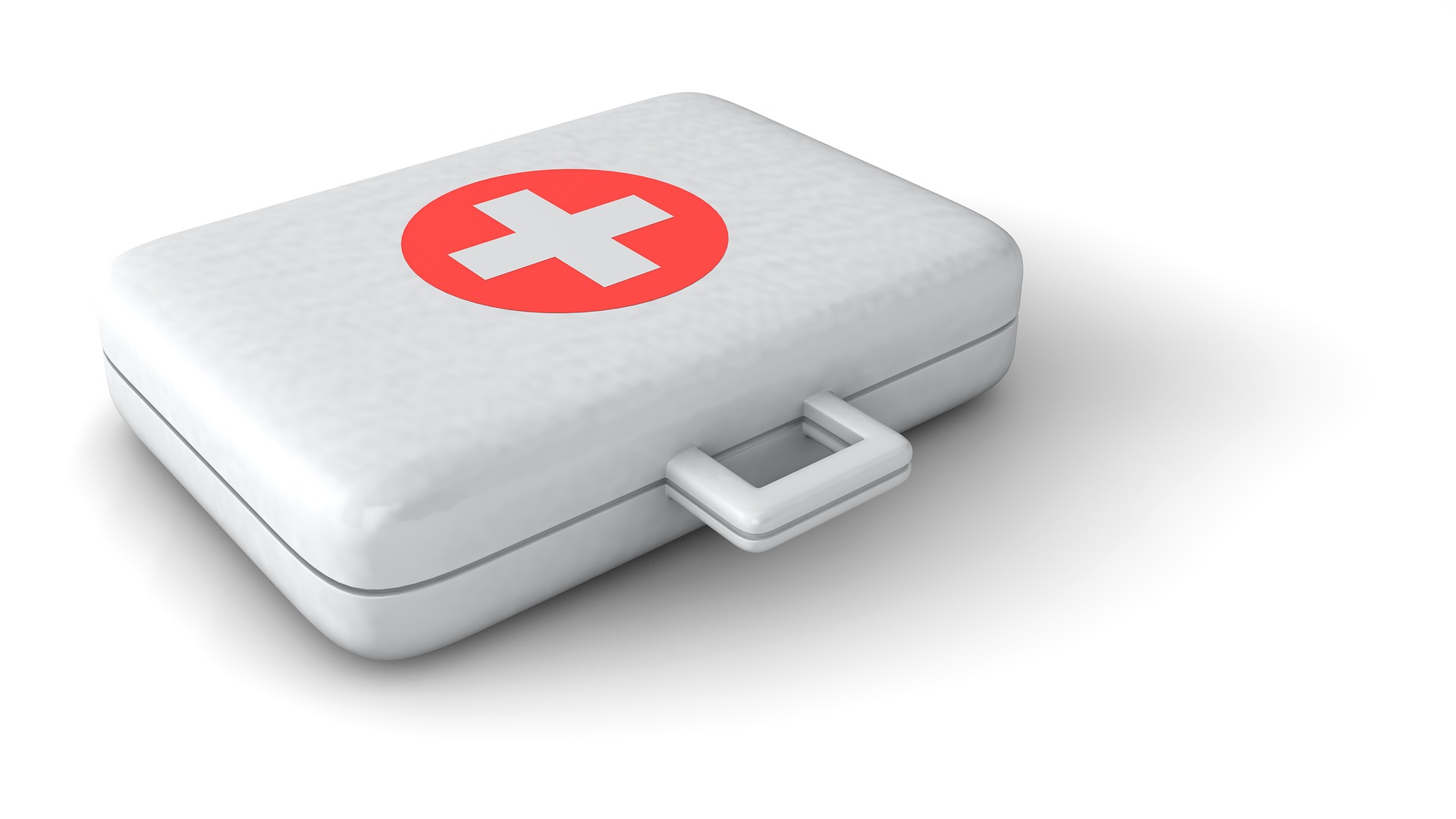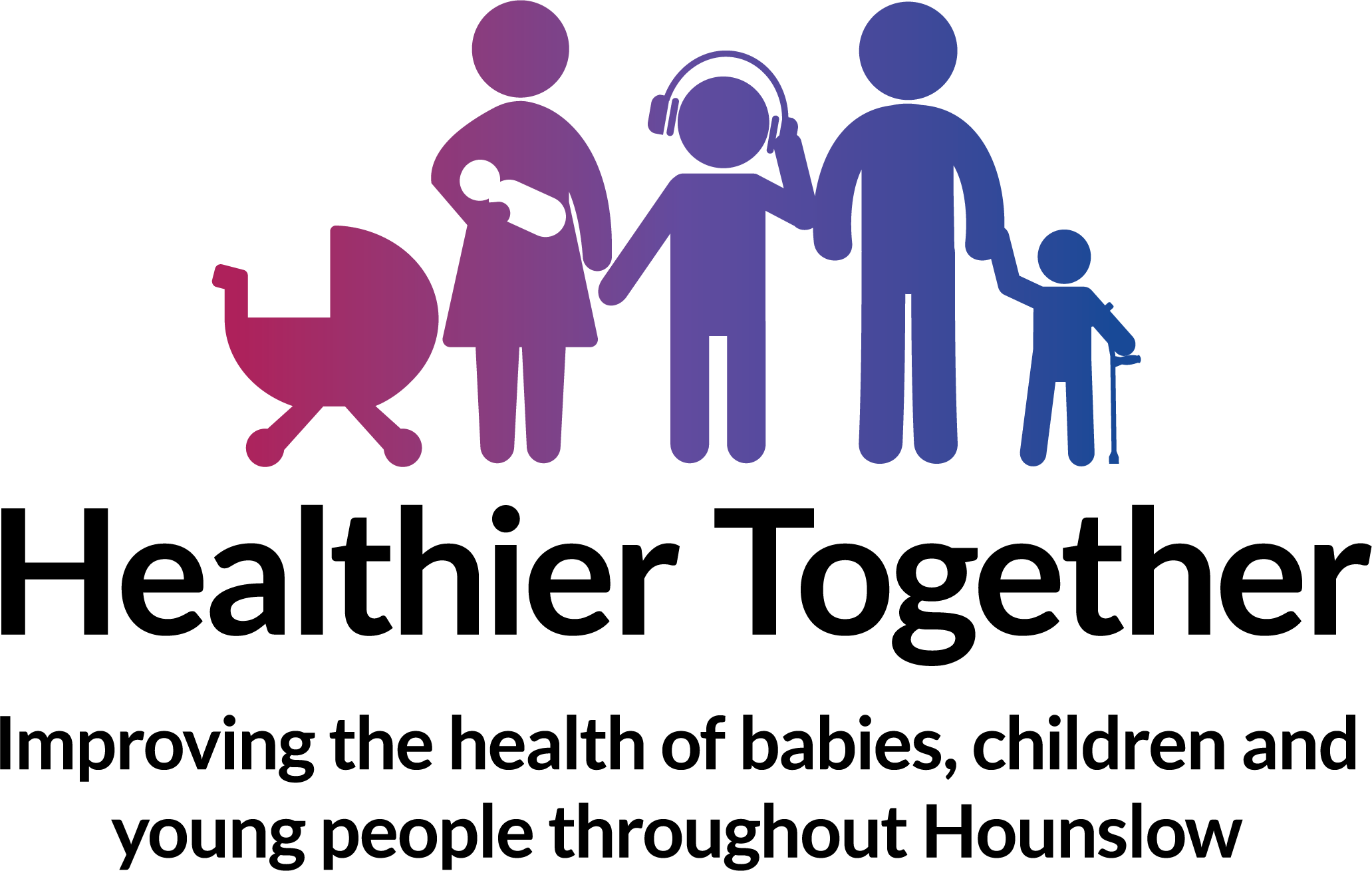DIY Health Toolkit

It is important that families have their own Do It Yourself (DIY) Health Toolkit to manage minor illnesses or deal with minor accidents and injuries.
The Toolkit should contain:
- age appropriate over the counter medicines for managing minor illnesses
- thermometer
- basic first aid
In your medicine cabinet
It’s vital to have a well-stocked medicine cabinet in your home so you can deal with minor accidents and injuries.
- Many people also keep a small first aid kit in their car for emergencies. It can be useful to keep a basic first aid manual or instruction booklet with your first aid kit
- Medicines should be checked regularly to make sure they are within their use-by dates Don’t give aspirin to children under 16 unless it’s prescribed by a doctor
- Avoid ibuprofen if your child has asthma, unless advised otherwise by your GP
- Check medicines and doses with your pharmacist and read the instructions carefully before giving to your child
A basic first aid kit may contain:
- Plasters in a variety of different sizes and shapes
- Small, medium and large sterile gauze dressings
- At least two sterile eye dressings
- Triangular bandages
- Crêpe rolled bandages
- Safety pins
- Disposable sterile gloves
- Tweezers
- Scissors
- Alcohol-free cleansing wipes
- Sticky tape
- Thermometer (preferably a digital, ear thermometer)
- Skin rash cream, such as hydrocortisone or calendula
- Cream or spray to relieve insect bites and stings
- Antiseptic cream Painkillers such as infant paracetamol for children, or infant ibuprofen
- Children’s antihistamine
- Distilled water for cleaning wounds
- Eye wash and eye bath


